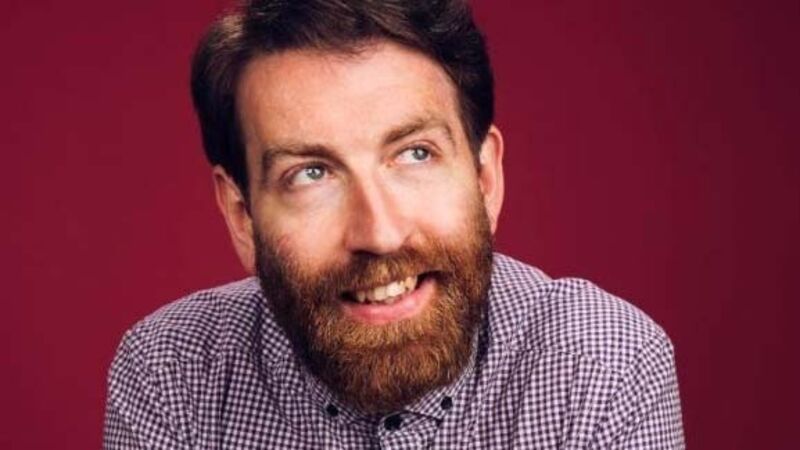'Before there was the social media void to shout into, you kept your thoughts to yourself and to a few others close by'

THE diary: Before there was the social media void to shout into, you kept your thoughts to yourself and to a few others close by. But there are some who felt the need to record them.
We took out the Bic or souvenir hotel-pen that didn’t work, opened the Letts at the end of each day, and wrote in varying amounts about what happened. Those who wrote eloquently enough would eventually have their innermost thoughts become famous.














